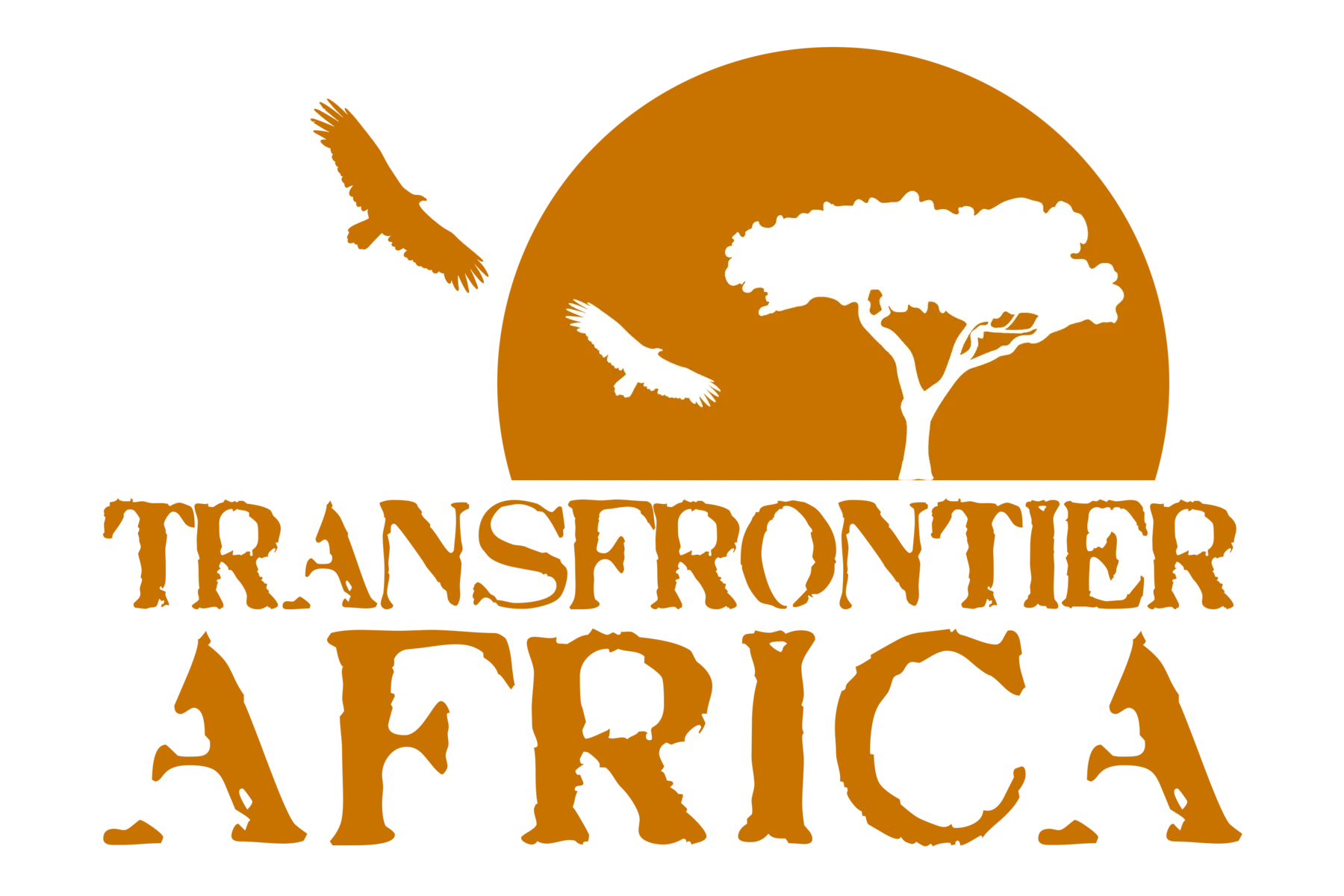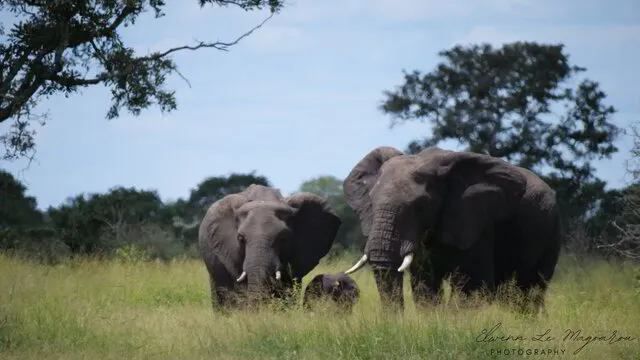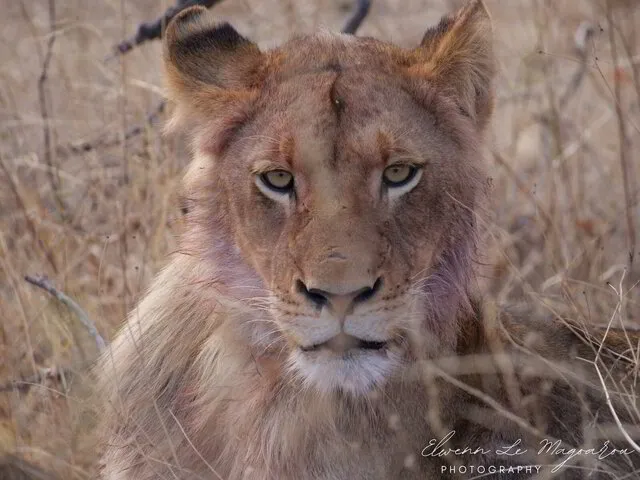Our Landscape
OLIFANTS WEST NATURE RESERVE
The reserve falls within the UNESCO-designated Kruger to Canyons Biosphere Region, a 2,5 million hectare geographical area recognised internationally for its biodiversity importance.
An Integrated Protected Area
OWNR is a part of the open landscape of the Great Limpopo Transfrontier Conservation Area. The agreement, which has been formulated and adopted by Protected Areas within the open system of the Greater Kruger, provides a framework for the protection, management, and socio-economic beneficiation of the open system. It has been established as the basis for collaboration and co-operation within the open system. OWNR is committed to upholding the pillars of the agreement. OWNR also forms part of the Core Zone of protected areas within the Kruger to Canyons Biosphere, where impacts on the natural environment are minimal and where reconciling sustainable development and nature conservation is an important function.
Transfrontier Africa was established in 2006 in Olifants West Nature Reserve. Olifants West Nature Reserve is located in the Limpopo province of South Africa, near the border with Mozambique. It forms part of the Greater Kruger National Park ecosystem, renowned for its abundant wildlife and diverse habitats. The Greater Kruger represents a collaborative approach to conservation, where government agencies, private landowners, local communities, and conservation organizations work together to protect and sustain one of Africa's most treasured natural heritage sites. The reserve is named after the Olifants River, which flows through its landscape, providing a vital water source for wildlife during both wet and dry seasons.
Transfrontier Africa's conservation efforts in the Olifants West Nature Reserve aim to protect its biodiversity, maintain healthy ecosystems and promote sustainable land management practices. Transfrontier Africa was established to provide vital support for the management of the reserve without relying on revenue from trophy hunting, which has been abolished in the reserve. Through sustainable practices and community engagement, we strive to preserve the integrity of this pristine ecosystem without compromising our values.
HISTORICAL POINT
From the early 1930s, the properties comprising OWNR and surrounding areas were used primarily for farming livestock and hunting. Around 1980, once game farming was recognised as a formal part of the economy, the area started developing to serve wildlife and nature based recreational tourism. Gradually, the fences between the properties came down, and in 2004 the fence between Balule Nature Reserve and Klaserie was finally dropped, the OWNR was formed and became part of the open system.
Biodiversity
Olifants West Nature Reserve is characterized by its mix of savanna grasslands, woodlands, and riverine forests, offering a rich tapestry of habitats for a wide variety of wildlife species. It is home to the most iconic African animals such as elephants, lions, leopards, rhinos, buffalo, and numerous species of antelope, as well as a plethora of birdlife, with 395 bird species, 117 mammals, and more than 57 reptiles and amphibians.
The Flora
The vegetation of OWNR falls within the Savanna Biome and is classified as Granite Lowveld, the conservation status of which is vulnerable. It generally varies from tall shrubland with a few trees, to moderately dense low woodlands on the deeper sandy soils in the higher areas. In the lower lying areas, dense thickets to open savanna dominate. OWNR also has a healthy emerger component of over five metres above ground for some trees, including knobthorns (Acacia nigresens), leadwoods (Combretum imberbe) and marulas (Sclerocarya birrea caffra). Some impressive nyala trees (Xanthocercis Zambesiaca) are also characteristic of the landscape and are often associated with termitaria. The riparian vegetation on the banks of the Olifants River is characterised by large sycamore fig trees (Ficus sycomorus) and jackal berry trees (Diospyros mespiliformis), with a healthy mix of other riparian savanna trees and a dense understory.
Wildlife Management
The guiding principles for wildlife management on OWNR are in line with those of the Greater Kruger. They include:
- The management of wildlife populations on OWNR to conserve, where possible, viable populations of those species that are indigenous to the Lowveld.
- The establishment of Thresholds of Potential Concern, at a general level, for all species and at a species-specific level, for those that can be cost-effectively monitored.
- The sustainable utilization of species in accordance with OWNR policies and with established protocols for the open system.
- The maintenance or improvement of genetic diversity in animal populations.
- As a general consideration, supplementing the feed of animals is not recommended. In extreme cases of drought, or other exceptional circumstances, the OWNR MA will mandate the warden to supplement the feeding of endangered animals.
Elephant Populations
OWNR is guided by the Elephant Management Plan: Kruger National Park (Ferreira, S. 2011) and norms and standards for the management of elephants in the open system.
Rhino Protection
A Biodiversity Management Plan for the black rhinoceros was published in terms of Section 43 of NEMBA by the Minister of Environmental Affairs in 2013. Its long-term vision is to “contribute to the recovery and long-term persistence of the global black rhino population by having viable populations of the indigenous subspecies in natural habitat throughout their former range within South Africa and managed as part of a regional meta-population.” OWNR provides a suitable natural habitat for the black rhino, which are managed according to Ferguson's Black Rhino Management Plan (2010). In addition, the reserve participates in the Black Rhino Range Expansion Programme (WWF-SA).
Lion Populations
A Biodiversity Management Plan for the Lion in South Africa (Funston,P.J., Levendal, M. 2015) was published in terms of Section 43 of NEMBA by the Minister of Environmental Affairs in 2015. The primary objective of the plan is to improve the conservation status of lions. Those that occur in OWNR fall into the definition of wild lions as per the Executive Summary of above-mentioned plan and are largely unmanaged.
Position on Trophy Hunting
Transfrontier Africa's position on Trophy hunting is as described in the joint NGO position on trophy hunting (click here to read about it in more details). In this letter the following points are highlighted, reflecting our values and position on the trophy hunting practice:
"We oppose trophy hunting and the associated trade in trophies and assert that “killing to conserve” is neither an ethical nor a sustainable approach to wildlife conservation."
"Trophy hunting puts additional pressure on threatened species and can have detrimental consequences for the genetic integrity and survival of species and the ecosystems of which they are a part, without delivering meaningful economic benefits for local communities. The trophy hunting industry entrenches unjust social structures and is plagued with weak governance, corruption, lack of transparency, excessive quotas, illegal hunting, poor monitoring and other problems. In addition, trophy hunting practices are often poorly regulated, inhumane and inconsiderate of animal welfare. Furthermore, killing animals for fun is neither ethically justifiable nor tolerable in modern society. This is reflected in the broad public opposition to trophy hunting. Alternative ways of generating income from wildlife, such as ecotourism and other forms of non-consumptive uses, have proven successful in benefiting local communities economically and increasing their appreciation for biodiversity and wildlife, while contributing to the long-term protection of populations and species. Such alternatives are jeopardised by the trophy hunting industry, when they should be prioritised through further development and funding"
What is trophy hunting?
Trophy hunting is the controversial killing of an animal for competition or pleasure, with the purpose of acquiring body parts - such as heads, tusks, antlers, horns, or skins - as a status symbol or for display. Trophy hunting is distinct from killing an animal to obtain meat for human consumption.
Community Development
Constructive relationships with neighbouring communities are an important aspect of the effective conservation of protected areas. The landowners of OWNR recognise their role in the upliftment, employment and upskilling of members of local communities, within the context of the wildlife economy. OWNR, its commercial lodges and private landowners collectively employ more than 200 staff members from surrounding areas, thus providing a significant contribution to community economic upliftment.
OWNR further partners with Transfrontier Africa, which manages empowerment and poverty relief programs within three target communities. Primary focal areas are education and woman empowerment. Examples of these programs include:
- The Bush Babies community outreach program, which employs seven educators and community officers and runs a full-time community resource center in Maseke Village. Environmental education and life-skills lesson plans reach up to 1 300 school children at 10 primary schools. Food security is a priority skill taught in the communities and is demonstrated through the maintenance of vegetable gardens. Participants in the program also receive a daily meal and engage in outdoor learning activities that include visits to the Kruger National Park.
- The Black Mambas wildlife security program, which employs 30 young women from the communities of Maseke, Makushane and Mashishimale. These women are trained and equipped to conduct anti-poaching patrols and security functions within OWNR and other areas.
Discover Olifants West Nature Reserve
Eco-Tourism.
Luxury Camps
Lodges
Discover Olifants West Nature Reserve by booking a stay in one of the lodges or luxury camps present on the landscape. This represents a unique opportunity to discover the wildlife and landscape of the Greater Kruger during intimate game drives.





